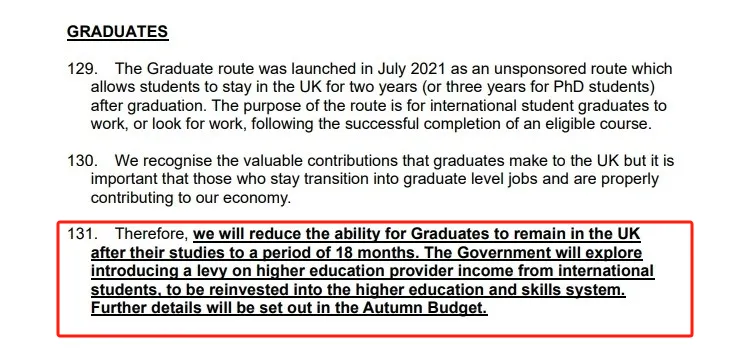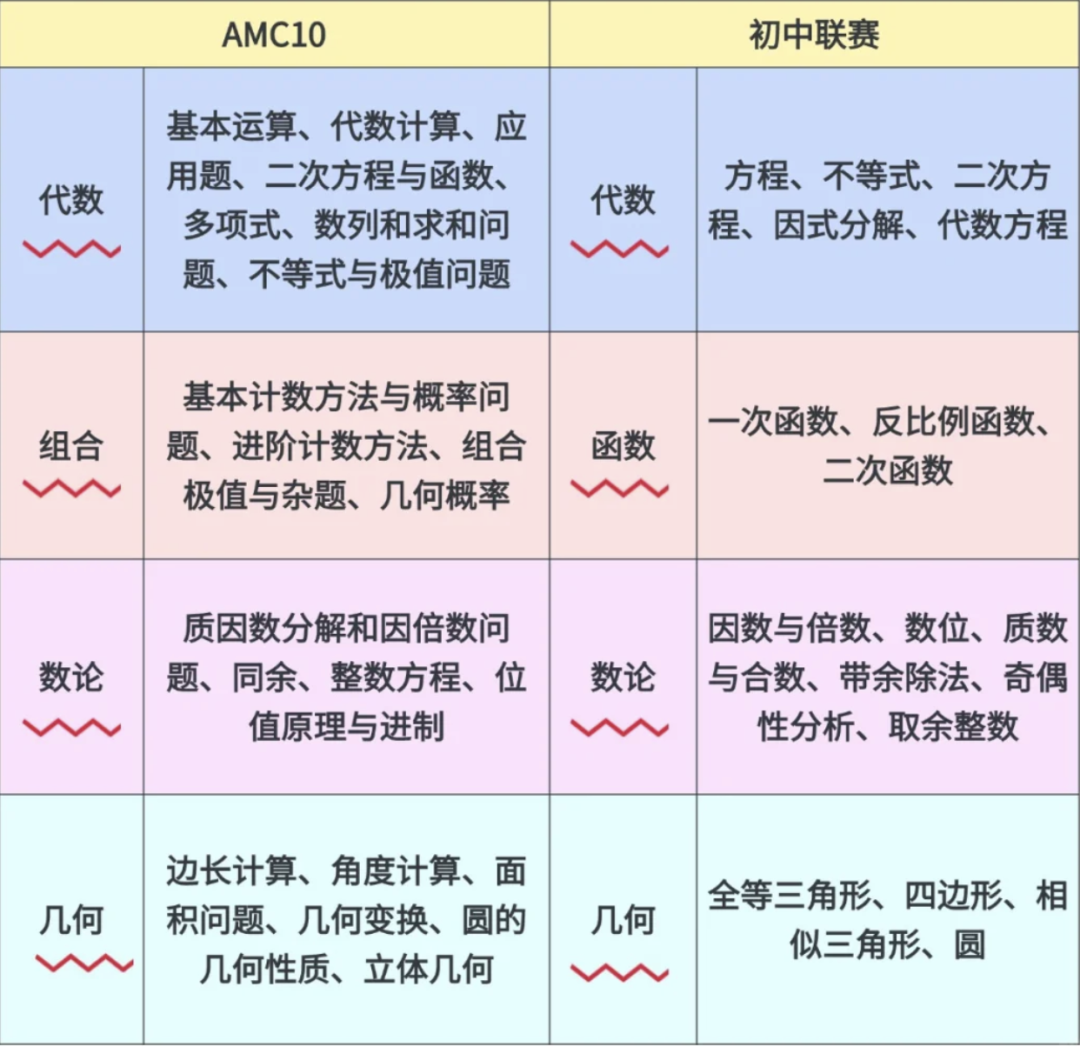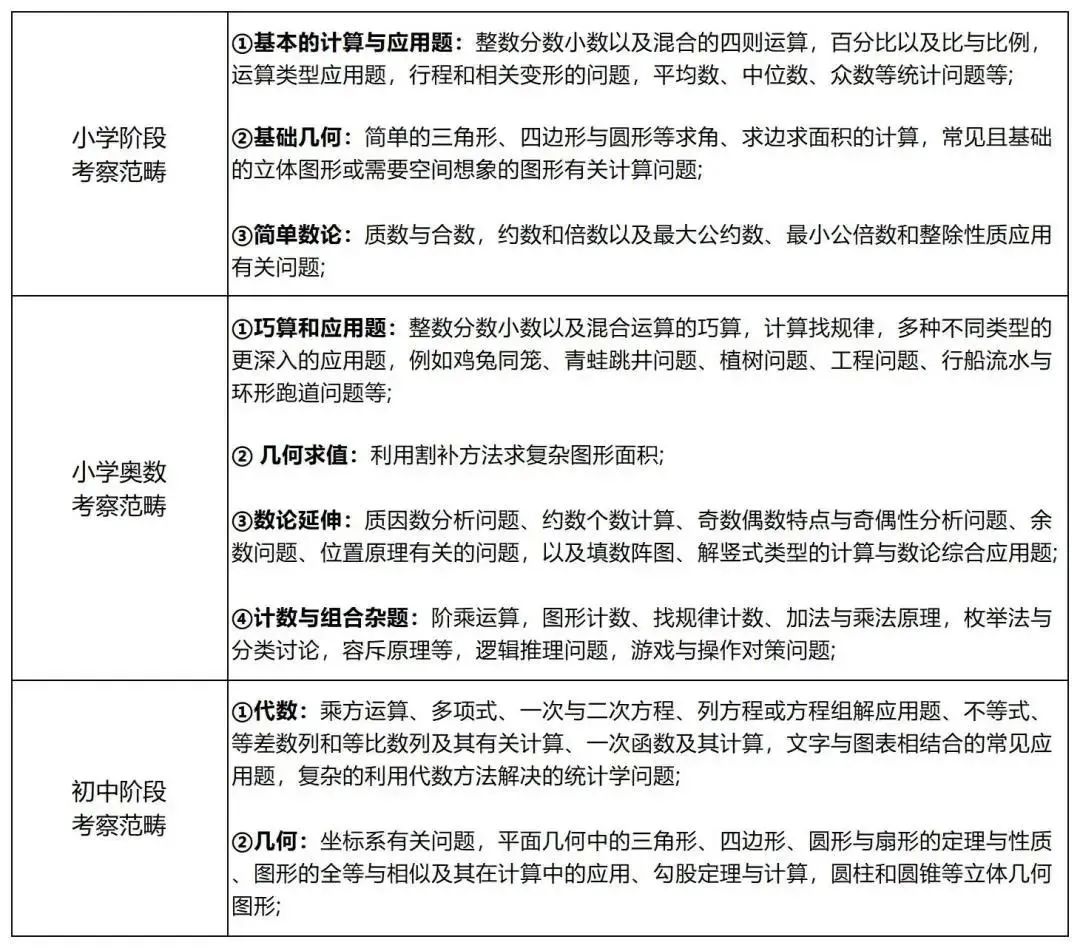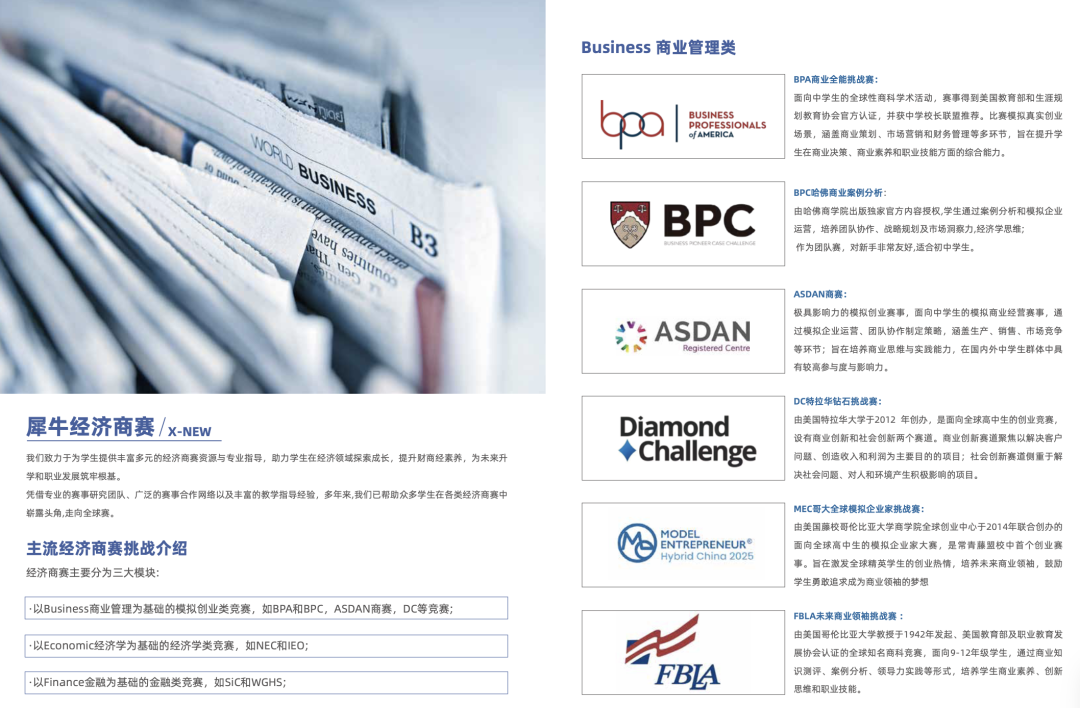本期为大家推荐曼彻斯特大学、西交利物浦大学2026最新奖学金项目介绍。
1、曼彻斯特大学
Towards in silico selection of interfacial actives: Discovery of new corrosion inhibitors for high value coating formulations
The University of Manchester | CDT in Developing National Capabilities for Materials 4.0
博导: Dr Andrew Leach, Dr Suzanne Morsch, Dr Rob Lindsay
截止日期:全年可申
资助的博士项目(全球学生)
About the Project
The goal is to discover new corrosion inhibitors that can be added to coatings for protection of metallic infrastructure. Initially, you will quantify two key performance indicators for candidate molecules, i.e., corrosion reduction and diffusion through the coating matrix. Subsequently, you will use these data, combined with interfacial analysis results, as input for computational methods, including artificial intelligence (AI), that will allow identification of new highperformance species.
Project Description:
Coatings are key to optimising the properties of metallic substrates in a huge variety of realworld applications. For example, non-metallic coatings (paints) are widely employed to prevent corrosion in wet/humid environments, such as those experienced in the transportation and construction industries. Unfortunately, however, these coatings are not perfect barriers, and water can penetrate in time to the metal/coating interface, resulting in underpaint and localized corrosion phenomena. Moreover, these coatings are often scratched in everyday use, and any exposed metal can also corrode. Consequently, one cannot rely upon a coating’s barrier properties alone. Instead, so-called active corrosion control is also required, which is invariably achieved by embedding corrosion inhibitor pigments into a coating. Upon exposure to water, such species can dissolve and diffuse to the coating/metal interface and/or to scratches. Subsequently, they provide protection by retarding the anodic (metal oxidation) and/or cathodic (oxygen reduction) components of the electrochemical corrosion reaction. For decades, inorganic chromate pigments have been the actives of choice in coatings, providing unrivalled protection due to mixed anodic/cathodic inhibition. Concerns about the toxicity of chromium (VI) compounds, however, has culminated in increasingly strict regulation restricting their use. On this basis, there has been an immense effort directed towards the discovery of alternatives to chromate, although no silver bullet has yet been identified.
Of late, there has been increasing interest in using organic compounds as inhibitor pigments in coatings, which may act alone or in tandem with non-chromate inorganic pigments. Partially, this is driven by the successful use of such species for inhibition of metals in acidic environments, e.g., internal surfaces of pipes carrying oilfield/geothermal fluids. Expecting the same species to function similarly in a coating is, however, naïve, as the corrosive environment is very different, e.g., the pH is invariably highly alkaline, and the cathodic reaction is O2 reduction rather than H+ reduction. Furthermore, species also need to display suitable solubility/diffusion in the coating to be plausible actives.
Motivated by the above scenario, work is required to determine the most suitable organic corrosion inhibitor pigments for integration into coating formulations. Traditionally, this objective would be achieved by trial-and-error candidate testing, which is both financially expensive and time hungry. In this project, the intention is to massively speed up this process through harnessing AI, and related computational tools, to develop new in silico performance prediction capability using experimental data acquired from a carefully curated selection of candidate organic species. Assuming a successful outcome, this work will allow us to begin to efficiently identify new high performing corrosion inhibitors. These new actives will play a key role in lifetime extension of assets fabricated from metals, which will reduce the global carbon footprint associated with ore extraction, processing and fabrication; CO2 resulting from steel production to replace corroded infrastructure is expected to account for ~5 – 10% of total CO2 emissions by 2030. This project is well aligned to the CDT, as it will provide training for a PhD student in AI and related computational tools, along with relevant testing/characterisation techniques, targeting accelerated materials discovery. Moreover, it will promote the added-value of cross-disciplinary thinking/research, as computational approaches exploited for drug discovery (see below) will be reworked for corrosion control. Consequently, the research will drive cultural change for many corrosion researchers/engineers through demonstrating the power of in silico techniques for selection of high-performance actives.
Supervisors:
- Andrew Leach
- Suzanne Morsch
- Rob Lindsay
Funding Notes:
This is a fully funded project, part of cohort 2 of the EPSRC CDT in Materials 4.0. CDT. The studentship covers fees, a tax-free stipend of at least £19,237 plus London allowance if applicable, and a research training support grant.
Candidates of all nationalities are welcome to apply; up to 30% of studentships across the CDT can be awarded to outstanding international applicants. Early applications from interested overseas candidates are encouraged.
The Materials 4.0 CDT is committed to Equality, Diversity and Inclusion. Five countries are represented in cohort 1. We would like to see a more gender-balanced cohort 2, so we strongly encourage applications from female candidates.
Enquiries:
For general enquiries, please contact doctoral-training@royce.ac.uk.
For application-related queries, please contact Paulina Hoyos (doctoral-training@royce.ac.uk). Please note that each partner of the CDT in Materials 4.0 will have its own application process.
If you have specific technical or scientific queries about this PhD, we encourage you to contact the lead supervisor, Andrew Leach (andrew.leach@manchester.ac.uk).
Application Webpage:
https://pgapplication.manchester.ac.uk/apply/signon.html
Select Postgraduate Research, then 2025/26 academic year, and then CDT in Materials 4.0.
2、西交利物浦大学
High-Accuracy and Energy-Efficient Time Synchronization Immune to Floating-Point Precision Loss in Wireless Sensor Networks
Xi’an Jiaotong-Liverpool University | School of Advanced Technology
博导:Dr Kyeongsoo Kim
截止日期:全年可申
资助的博士项目(全球学生)
About the Project
High-accuracy and energy-efficient time synchronization is important to asymmetric wireless sensor networks (WSNs), where a head node is equipped with high-end processor(s) and supplied power from outlet, but sensor nodes are equipped with low-end processors and battery-powered; their applications include fine-grained localization/tracking and distributed surveillance/sensing in civil and military applications. Through our prior works, we have established a theoretical foundation for high-accuracy and energy-efficient time synchronization for asymmetric WSNs based on the reverse two-way message exchange, but the experimental results based on a real testbed show the negative effect of limited floating-point precision on time synchronization. In this project, we investigate and propose time synchronization algorithms that can avoid the effect of limited floating-point precision and thereby provide high-accuracy time synchronization even at resource-constrained platforms like WSN sensor nodes and Internet of things (IoT) devices.
For more information about doctoral scholarship and PhD programme at Xi’an Jiaotong-Liverpool University (XJTLU), please visit:
https://www.xjtlu.edu.cn/en/admissions/global/entry-requirements/
https://www.xjtlu.edu.cn/en/admissions/global/fees-and-scholarship
Supervisors:
- Principal supervisor: Dr Kyeong Soo (Joseph) Kim (XJTLU)
- Co-supervisor: Dr Ye Liu (XJTLU)
- Co-supervisor: Professor Jeremy S. Smith (UoL)
Requirements:
The candidate should have a master’s degree or a bachelor’s degree with first-class or upper second-class honors in Electrical Engineering, Computer Science/Engineering, or a field closely related to Communications and Networking.
Evidence of good spoken and written English is essential. The candidate should have an IELTS (or equivalent) score of 6.5 or above, if the first language is not English. This position is open to all qualified candidates irrespective of nationality.
Degree:
The student will be awarded a PhD degree from the University of Liverpool (UK) upon successful completion of the program.
Funding:
The PhD studentship is available for three years subject to satisfactory progress by the student. The award covers tuition fees for three years (currently equivalent to RMB 99,000 per annum). It also provides up to RMB 16,500 to allow participation at international conferences during the period of the award. The scholarship holders are expected to conduct the majority of their research at XJTLU in Suzhou, China. However, they may apply for a short-term research visit to the University of Liverpool if the project requires it.
How to Apply:
Interested applicants are advised to email Kyeongsoo.Kim@xjtlu.edu.cn (XJTLU principal supervisor’s email address) the following documents for initial review and assessment (please put the project title in the subject line).
- CV
- Two formal reference letters
- Personal statement outlining your interest in the position
- Certificates of English language qualifications (IELTS or equivalent)
- Full academic transcripts in both Chinese and English (for international students, only the English version is required)
- Verified certificates of education qualifications in both Chinese and English (for international students, only the English version is required)
- PDF copy of Master Degree dissertation (or an equivalent writing sample) and examiners reports available
Contact:
Please email Kyeongsoo.Kim@xjtlu.edu.cn (XJTLU principal supervisor’s email address) with a subject line of the PhD project title.
The principal supervisor’s profile is linked here:
https://scholar.xjtlu.edu.cn/en/persons/KyeongsooKim












